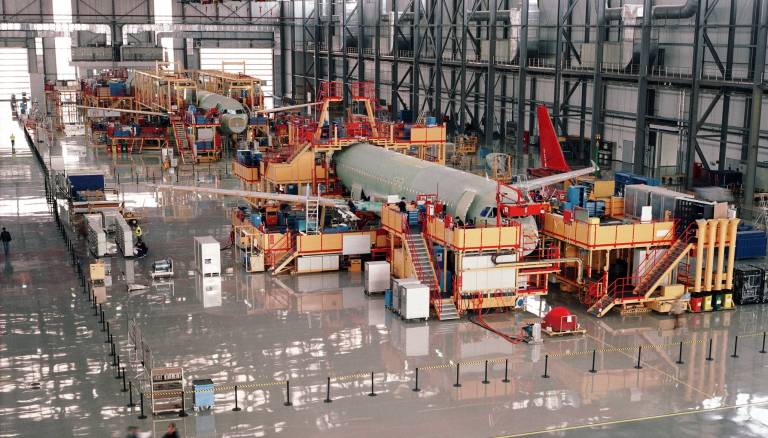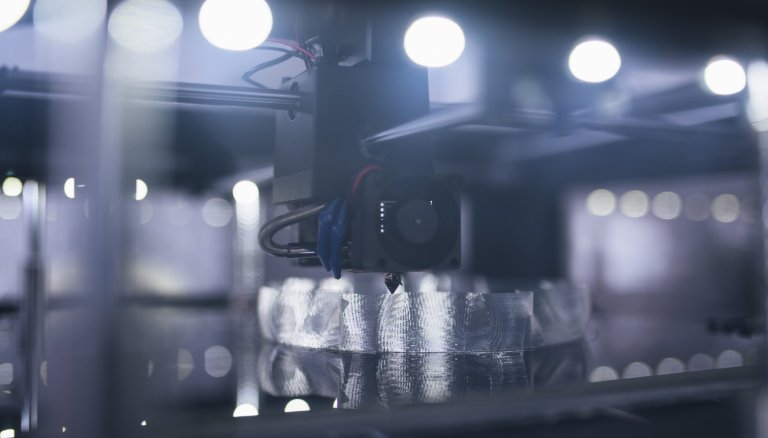Stratasys and Airbus confirm their partnership. The partnership between the Israeli-US company and the global aviation giant, which began with the 3D-printed production of certain components for the Airbus 350, is now being extended to other models and other supplies. Stratasys will in fact be called upon to produce maintenance, repair and overhaul (MRO) parts and parts for aircraft platforms such as the A300, A330, A340 and A320.
This is a promising sign not only for Stratasys. The renewal of the cooperation agreement, say several industry analysts, could mean that the airline industry – and, consequently, tourism – is preparing to restart after some very tough months. The health crisis, as is well known, has almost completely halted international travel, forcing airlines around the world – and, consequently, aircraft manufacturers – to remain grounded.
Stratasys – Airbus, what the agreement involves
As mentioned, the partnership between Stratasys and Airbus has taken a major step forward with the newly signed contract. The first agreement, in fact, provided for the production – through 3D printing – of parts and components for the A350 only. With the renewal, however, the leading 3D printing component manufacturer will be asked to supply parts for the A300, A320, A330 and A340. In addition, the company will supply components for aircraft repair and maintenance.

Future “additive” for the aviation sector
The new agreement between the two companies confirms that the production of components and spare parts using 3D printing has become a key factor for aircraft manufacturers. According to the vast majority of analysts, the future of the aeronautical sector is additive: this production process guarantees flexibility, reliability and seriality.
In fact, additive 3D printing makes it possible to produce lighter and stronger components than other more “classic” production methods. The digitisation of warehouses also makes the production of materials and spare parts more efficient and cost-effective: thanks to additive 3D printing, it will be possible to produce them “on demand” without wasting time or raw materials.
3D Printing: Stratasys’ role in the aeronautical sector
The contract renewal confirms, if there was still a need for it, the major role that Stratasys plays in the aviation industry. The US-born (but Israel-based) company has been working with Airbus for years and, thanks to the experience it has accumulated in the field, considers itself one of the industry leaders in the use of 3D printing technologies in the production of aircraft components.
In a press release, the US-Israeli manufacturer says it is proud of the contract renewal, which will see it act as a supplier of technology, components and spare parts. The machines and materials used in the additive manufacturing of parts ensure high performance and a ‘serialisation of production’ that is highly valued by manufacturers of goods and passenger transport aircraft.
In this process, Stratasys’ research and development laboratories have played a very important role. To meet Airbus’ needs and requirements, for example, Israeli and US engineers and scientists have developed materials such as ULTEM 9085, which is certified by the National Center for Advanced Materials Performance (NCAMP) and widely used to make parts and components for the interior of the Airbus A350.
